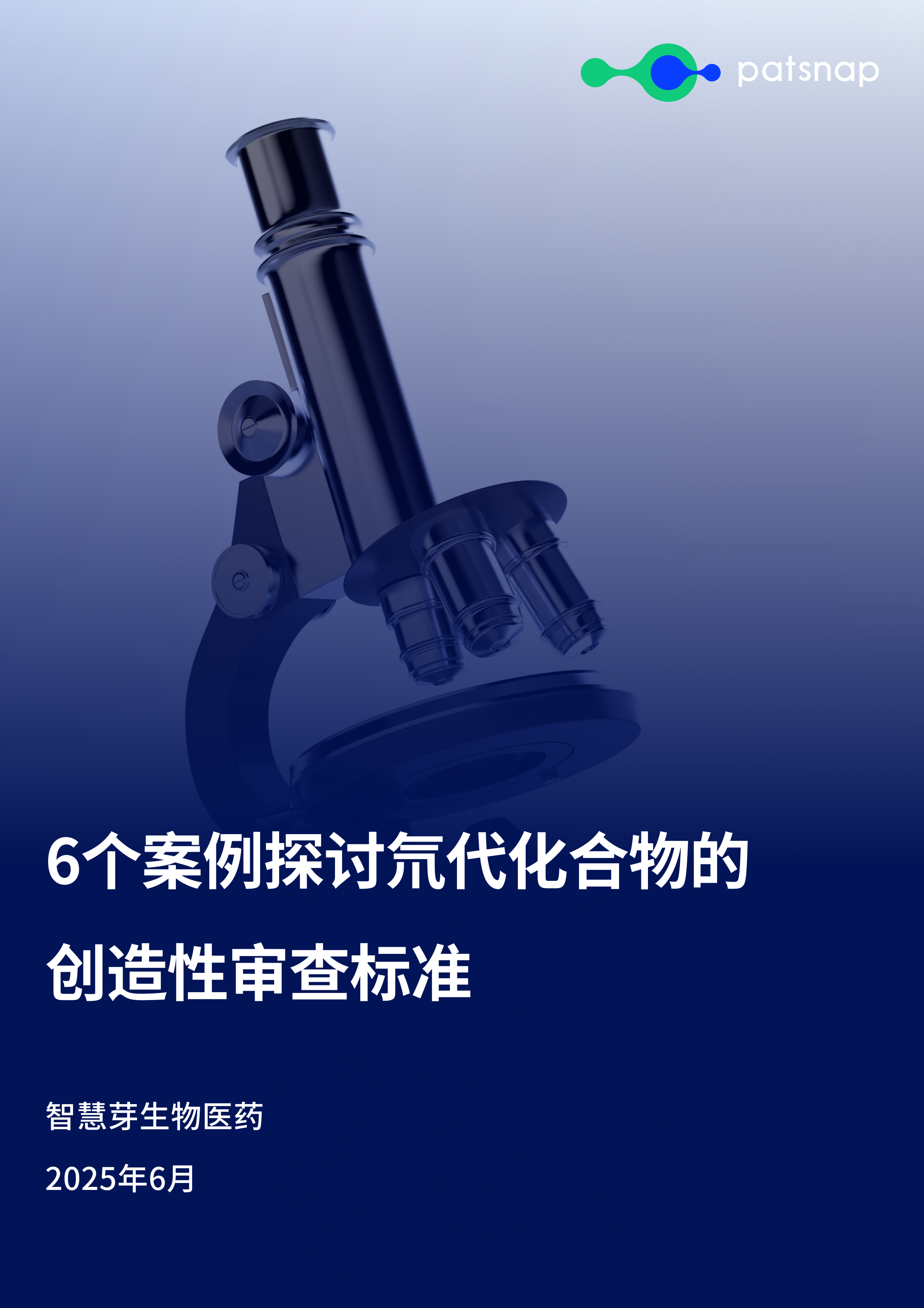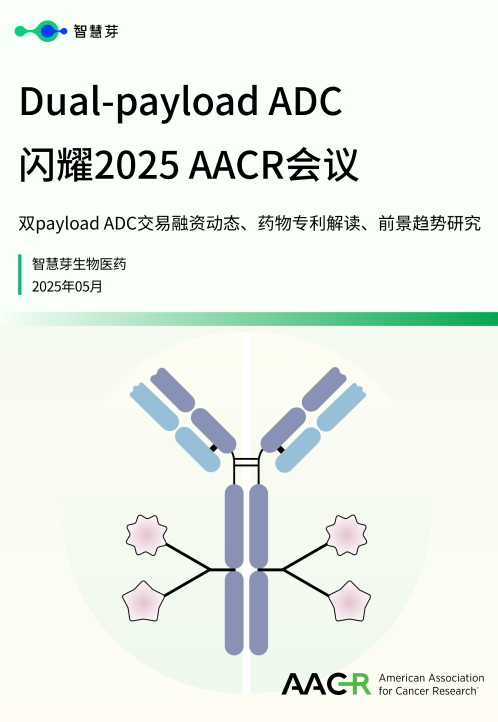预约演示
Wound-homing molecule accelerates tissue repair
2024-02-15
Medical researchers have found a peptide which, when administered intravenously, homes in on the new blood vessels that are forming in damaged tissue. The peptide has been used as a delivery vehicle for therapeutics targeted at regenerating tissues. A new study has discovered that the peptide activates the natural healing mechanism in the tissue, accelerating regeneration. The finding opens new opportunities to treat not only skin wounds, but also any injuries resulting from accidents and traumas, such as ruptured muscles and fractured bones.
Professor Tero Järvinen has found a peptide which, when administered intravenously, homes in on the new blood vessels that are forming in damaged tissue. The peptide has been used as a delivery vehicle for therapeutics targeted at regenerating tissues. A new study led by professor Järvinen discovered that the peptide activates the natural healing mechanism in the tissue, accelerating regeneration. The finding opens new opportunities to treat not only skin wounds, but also any injuries resulting from accidents and traumas, such as ruptured muscles and fractured bones.
One of the key goals of medical science is to speed up the healing of tissue injuries in a way that would not enable the forming of less functional scar tissue in the affected areas. Professor Tero Järvinen at Tampere University in Finland is leading research that is seeking solutions to achieve this goal.
In an earlier study, Järvinen discovered a so-called homing peptide, a small piece of protein that specifically seeks tissue damage via the bloodstream. The homing peptide was named the CAR peptide after its amino acid composition. It was screened out of more than a billion peptides using the screening technology of in vivo phage display. The peptide was used to transport a scar reducing drug to the wounds via systemic administration.
Recently, the research group showed that the CAR transport peptide is itself a therapeutic drug. CAR activates a natural healing pathway crucial for tissue regeneration and accelerates wound healing without the need to attach to any kind of drug.
The study, reported in a recent issue of Nature Communications, confirmed that the CAR peptide activates the tissue regeneration mechanism that is critical for wound healing by entering the wound through the bloodstream. In the wound, the peptide binds to syndecan-4, a cell membrane receptor. This binding activates the intracellular cytohesin-2 factor, which in turn activates the Arf6 GTPase that triggers cell migration, i.e., the migration of regenerating cells across the damaged area in the wound.
By this molecular mechanism, the skin wounds in mice receiving the CAR peptide healed significantly faster than without the therapy. The ensuing scars were also smaller than without treatment. As this syndecan-4 dependent cell migration-mechanism is crucial for the healing of multiple injuries, such as skeletal muscle ruptures and bone fractures, the CAR peptide has multiple clinically relevant indications not just for traumatology, but also surgery and sports medicine.
"Syndecan-4-dependent tissue regeneration is a key factor in the healing of several other tissue injuries beyond skin wounds, including muscle ruptures and bone fractures. The CAR peptide we found, which activates this natural healing mechanism, opens completely new possibilities for treating traumas and injuries not only in traumatology but also in surgery and sports injuries. Because the drug molecule actively seeks tissue damage through the bloodstream, the treated injury can be in any part of the body and can be targeted by the CAR peptide therapy," Järvinen explains.
Professor Tero Järvinen led the study in cooperation with Academician of Science Erkki Ruoslahti. The research was carried out at Tampere University, Sanford Burnham Prebys Medical Discovery Institute (La Jolla, CA, USA) and at the University of California Santa Barbara (UCSB, CA, USA). Researchers from the University of Liverpool (UK) and the Wellcome Trust Centre for Cell-Matrix Research at the University of Manchester (UK) also participated.
更多内容,请访问原始网站
文中所述内容并不反映新药情报库及其所属公司任何意见及观点,如有版权侵扰或错误之处,请及时联系我们,我们会在24小时内配合处理。
机构
药物
-Eureka LS:
全新生物医药AI Agent 覆盖科研全链路,让突破性发现快人一步
立即开始免费试用!
智慧芽新药情报库是智慧芽专为生命科学人士构建的基于AI的创新药情报平台,助您全方位提升您的研发与决策效率。
立即开始数据试用!
智慧芽新药库数据也通过智慧芽数据服务平台,以API或者数据包形式对外开放,助您更加充分利用智慧芽新药情报信息。





